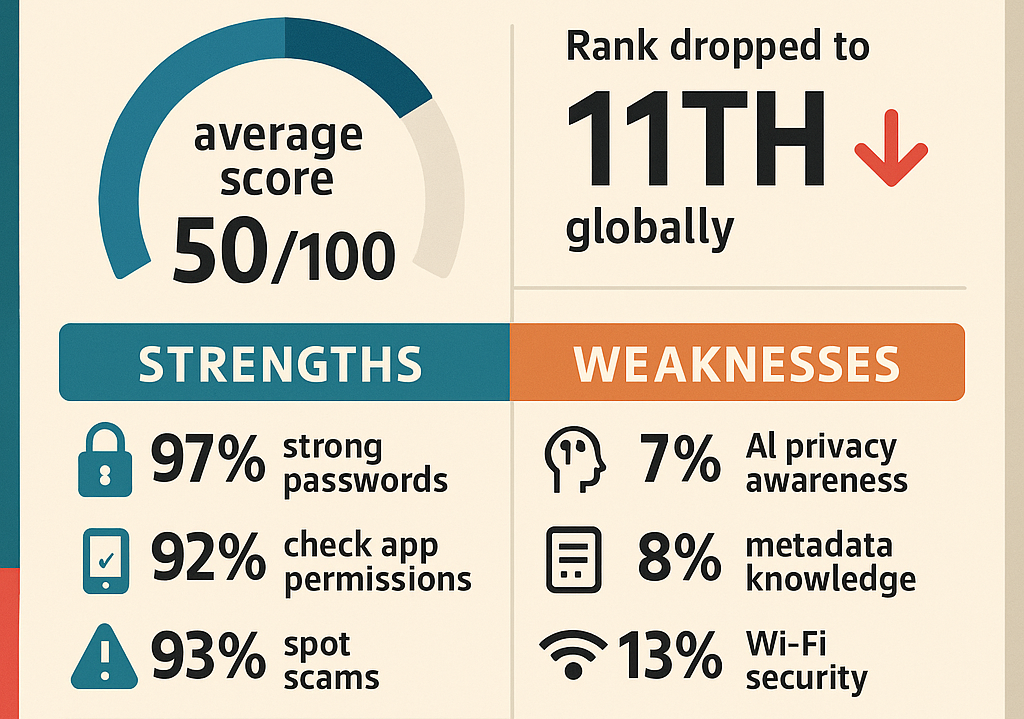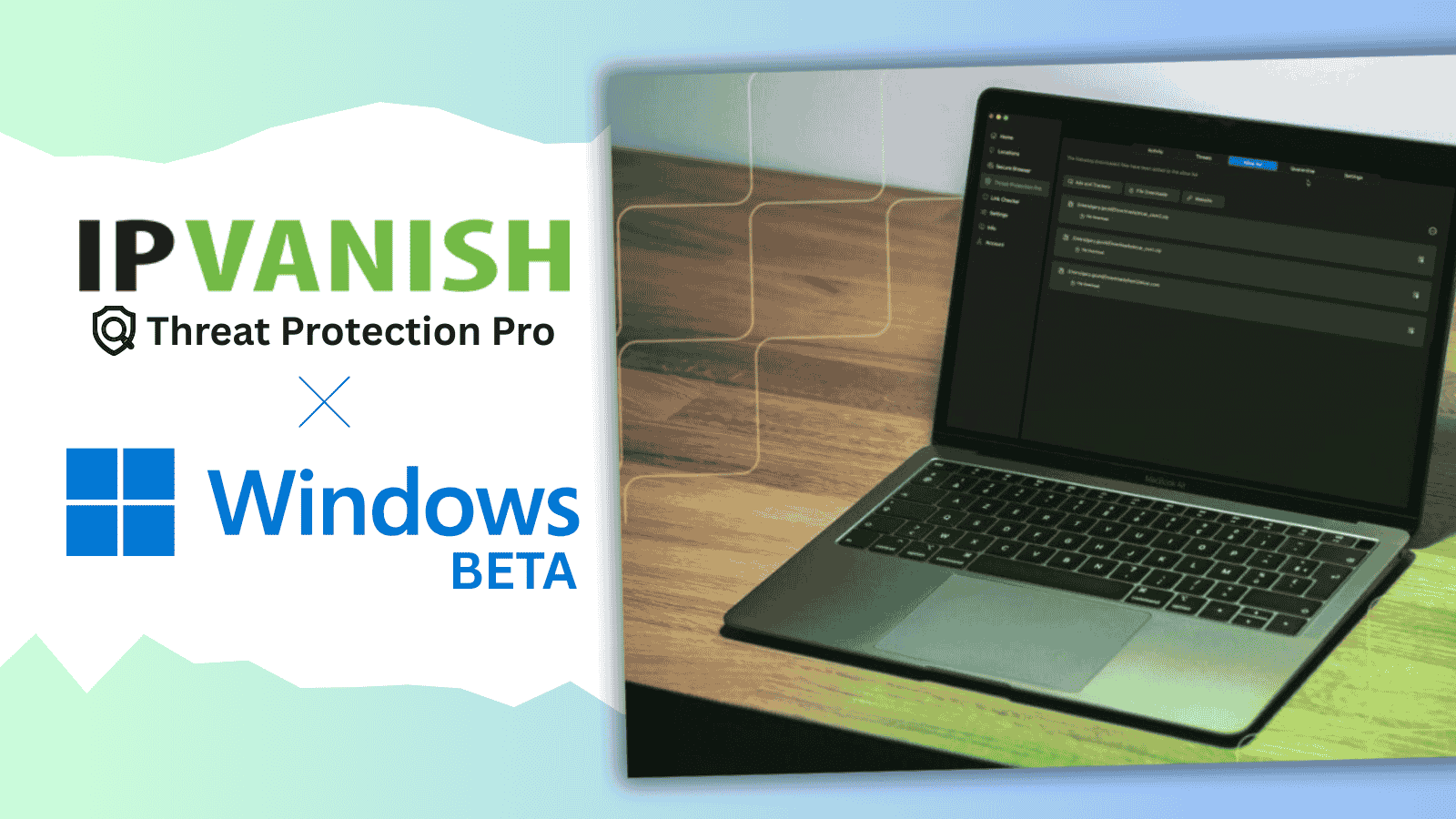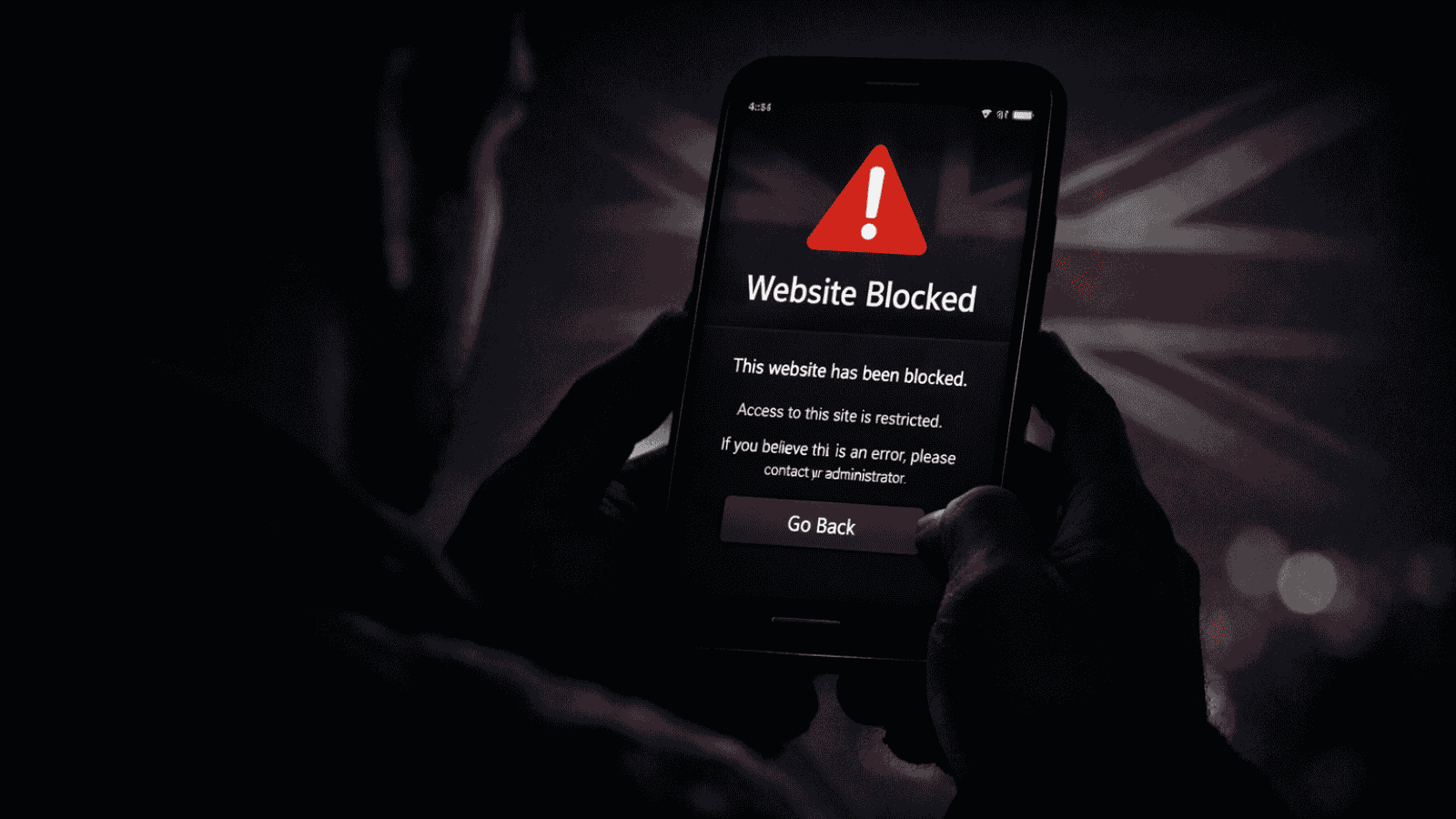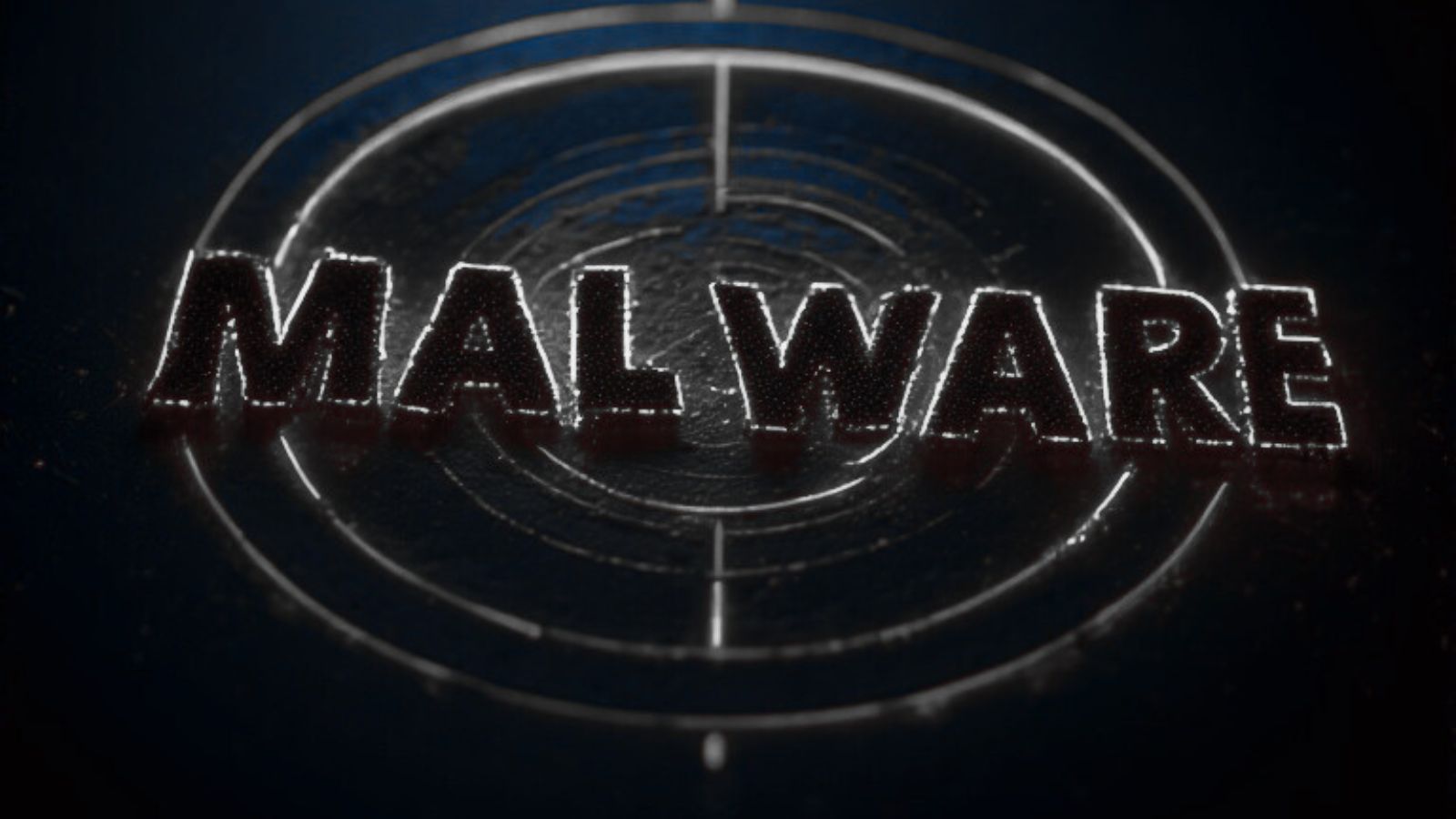
National Privacy Test 2025: What Italians Get Right (and Wrong) About Online Security
- Italy’s Ranking: Fell from 10th to 11th in NPT 2025 with a 50/100 score.
- Strengths: Strong passwords, careful app permissions, spotting suspicious streaming service offers.
- Weaknesses: Low awareness of AI privacy issues, phishing threats, Wi-Fi security, metadata collection.
Italy has slipped to 11th place in the world in the latest National Privacy Test (NPT) 2025, an international survey that measures cybersecurity skills and awareness of digital privacy. The results show that while Italians have adopted some strong everyday security habits, they still struggle with more complex issues like AI risks, phishing, and home network safety.
What Is the National Privacy Test?
The National Privacy Test is a global online survey designed to evaluate how well people understand digital privacy and cybersecurity. This year, more than 30,000 people from 185 countries participated.
The test consists of 22 questions that cover three main areas:
- Everyday digital life, such as password management, app permissions, and software updates.
- Privacy awareness, including knowledge about scams, phishing, and how companies collect data.
- Digital risk tolerance, which reflects how cautious people are when faced with suspicious online situations.
Participants are then assigned a Cyber Persona based on their results, ranging from beginners (“Cyber Wanderers”) to experts (“Cyber Stars”).
How Did Italy Perform in National Privacy Test 2025?
In 2025, 1,383 Italians completed the survey, with an average score of 50 out of 100. That’s one point lower than last year’s score of 51, and enough to push Italy down from 10th to 11th place globally.
The results highlight a mixed picture. On the positive side, Italians are among the most diligent when it comes to password security and app permissions. A striking 97% use strong, complex passwords, while 92% check app permissions carefully before granting access. Similarly, 93% are able to spot suspicious offers from streaming services, and 86% avoid oversharing sensitive details on social media.
But the weaknesses are harder to ignore. Only 7% of Italians understand the privacy implications of using AI in the workplace, and just 8% know what metadata their internet provider collects. Basic cybersecurity practices are also a challenge: just 13% know how to properly secure home Wi-Fi, and only 19% can recognize a phishing site.
The majority of Italians fall into the Cyber Adventurer persona (51%), meaning they have decent knowledge and curiosity but still leave important gaps unaddressed. Another 40% are Cyber Tourists, who understand some best practices but don’t always apply them consistently. Just 5% qualify as Cyber Stars, compared to the global average of 10%.
What Changed Since Last Year?
Compared to 2024, Italy’s cybersecurity awareness has seen both progress and decline. Awareness of AI-driven scams increased significantly, with 42% now recognizing them (up 7 percentage points).
Knowledge of privacy protection tools, such as VPNs or password managers, also improved, rising to 24%. And app permission management reached an impressive 92%, putting Italians ahead of many European neighbors.
On the other hand, scores for privacy awareness dropped from 43% to 40%, while digital risk tolerance declined from 64% to 62%. These shifts suggest that while Italians are learning about new technologies, they are not keeping pace with broader cybersecurity challenges.
The Global Picture
Globally, the average NPT score stayed at 57 out of 100, the same as last year. People continue to improve at everyday habits like setting strong passwords and managing app permissions, but they struggle with more advanced areas such as AI, metadata, and Wi-Fi security.
Interestingly, global awareness of AI-based scams rose by five percentage points, reaching 68%. Awareness of privacy tools also grew, though modestly, from 27% to 32%. Yet one key area saw decline: the importance of timely app updates. Only 54% of people recognize updates as crucial for security, down two points from last year.
According to Marijus Briedis, CTO at NordVPN, while AI is introducing new challenges, “the fundamental principles of security remain unchanged.” He warns that even small oversights, such as failing to update apps or reusing passwords, create loopholes that cybercriminals exploit.
What This Means for Italian Users
The 2025 results suggest that Italians are not beginners in cybersecurity, but they are far from experts. Everyday practices like password hygiene and app checks are solid, but awareness of advanced risks, especially those tied to AI and phishing, remains low.
For Italian users, the takeaway is clear: improving basic habits is important, but the next step is building deeper knowledge of evolving threats. That means learning how to spot phishing attempts, securing home networks, and understanding how new technologies like AI affect privacy.
With Italy just outside the global top 10, there’s room to grow and adopting stronger digital practices could help close the gap in the coming years.















